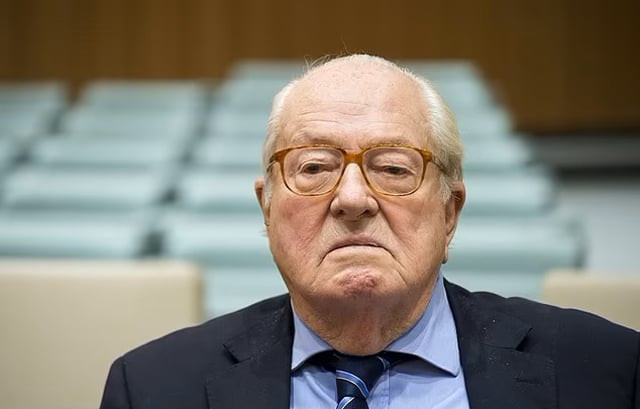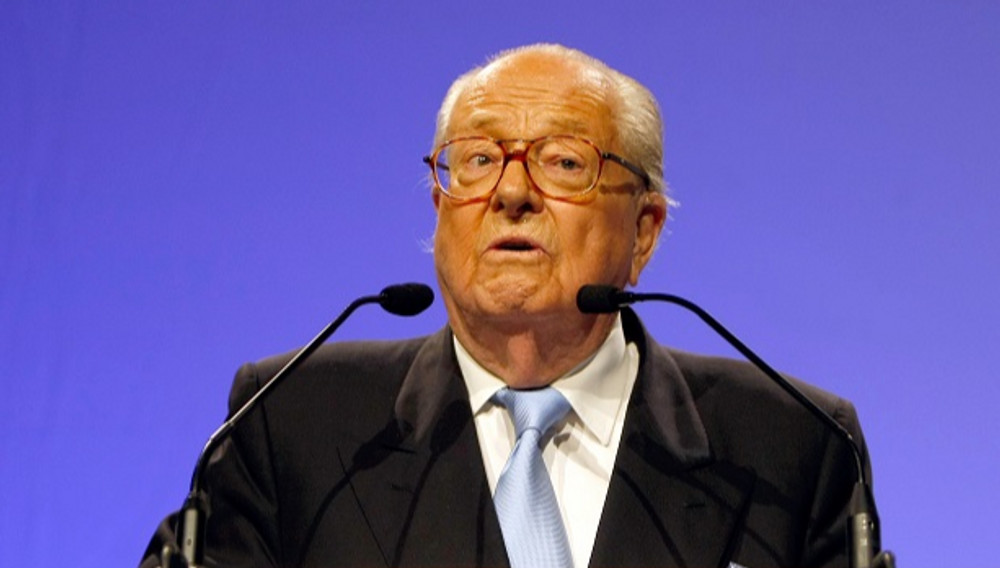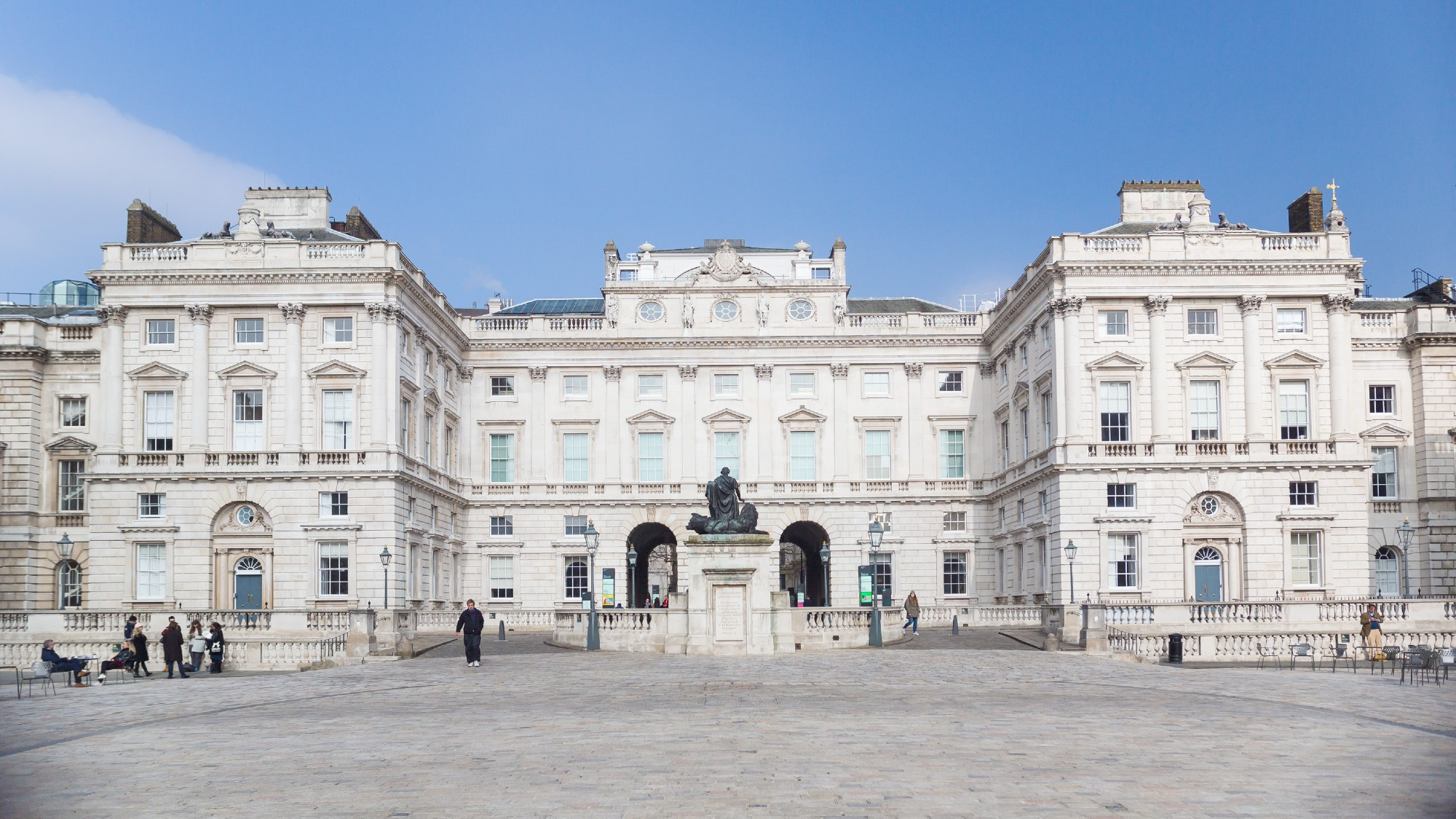The Passing of a Controversial Figure
Jean-Marie Le Pen, the controversial founder of France's far-right National Front party, died on January 7, 2025, at the age of 96. His death sparked a mixed reaction across France and the world, highlighting his enduring and divisive legacy. His family announced that he passed away peacefully, surrounded by loved ones, in a Parisian care facility where he had resided for several weeks due to declining health.
A Life in Politics: From Soldier to Presidential Candidate
Le Pen's life was one of remarkable political longevity and influence. His early career included military service in Indochina and Algeria. He rose through the ranks of French politics, serving as a Member of Parliament and a Member of the European Parliament. He was a skilled orator, known for his fiery rhetoric and staunch anti-immigration stance. His most significant achievement, albeit controversial, was reaching the second round of the 2002 French presidential election, a feat that shocked the establishment and triggered widespread protests across the country. This unexpected success served as a testament to the growing appeal of his nationalist and anti-immigration message.
The 2002 Presidential Election and its Aftermath
The 2002 presidential election remains a pivotal moment in French political history. Le Pen's qualification for the second round shocked the nation and mobilized widespread opposition. Millions took to the streets to protest against his far-right platform, ultimately resulting in an overwhelming victory for Jacques Chirac in the second round. Despite the defeat, the outcome highlighted the increasing resonance of Le Pen's views within parts of French society.
Controversies and Conviction
Throughout his career, Le Pen faced numerous controversies and court battles. He was repeatedly convicted for his inflammatory statements, including those minimizing the Holocaust. His infamous 1987 interview, where he called the Holocaust a “detail” of World War II, is frequently cited as evidence of his historical revisionism and disregard for the sensitivity surrounding the genocide. This resulted in a €30,000 fine for contesting crimes against humanity. His comments often stoked controversy, fueling criticism and strengthening the resolve of his opponents.
A Legacy of Controversy
Le Pen’s legacy is deeply intertwined with his provocative rhetoric and controversial viewpoints. His staunch anti-immigration, anti-Islam and antisemitic views significantly impacted the political discourse in France, and influenced the rise of far-right movements across Europe. His denial and downplaying of the Holocaust have been widely condemned for their harmful effects on Holocaust survivors and their families, and for the normalization and emboldening of antisemitic ideology.
The National Front's Transformation and Le Pen's Later Years
Le Pen's daughter, Marine Le Pen, took over the leadership of the National Front (FN) in 2011 and later rebranded it as the National Rally (RN). Under her leadership, the party shifted its focus and toned down some of its harshest rhetoric, becoming a more established player in French politics. Despite his reduced political role in recent years, Jean-Marie Le Pen's views and legacy continue to shape the political landscape of France, triggering discussions about the far-right’s influence and the ongoing struggle against hatred and intolerance. Despite the passing of time, his controversial pronouncements continue to be subjects of public and scholarly analysis.
A final reflection on the end of an era. Jean-Marie Le Pen's death marks the end of an era in French politics. His life and career undoubtedly left an enduring mark, raising essential questions about extremism, historical revisionism, and the complexities of national identity in a constantly evolving world. The enduring legacy of his words and actions will continue to be debated and examined for years to come. The fight against the hateful ideologies he espoused continues.


















